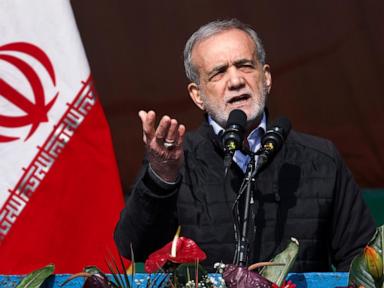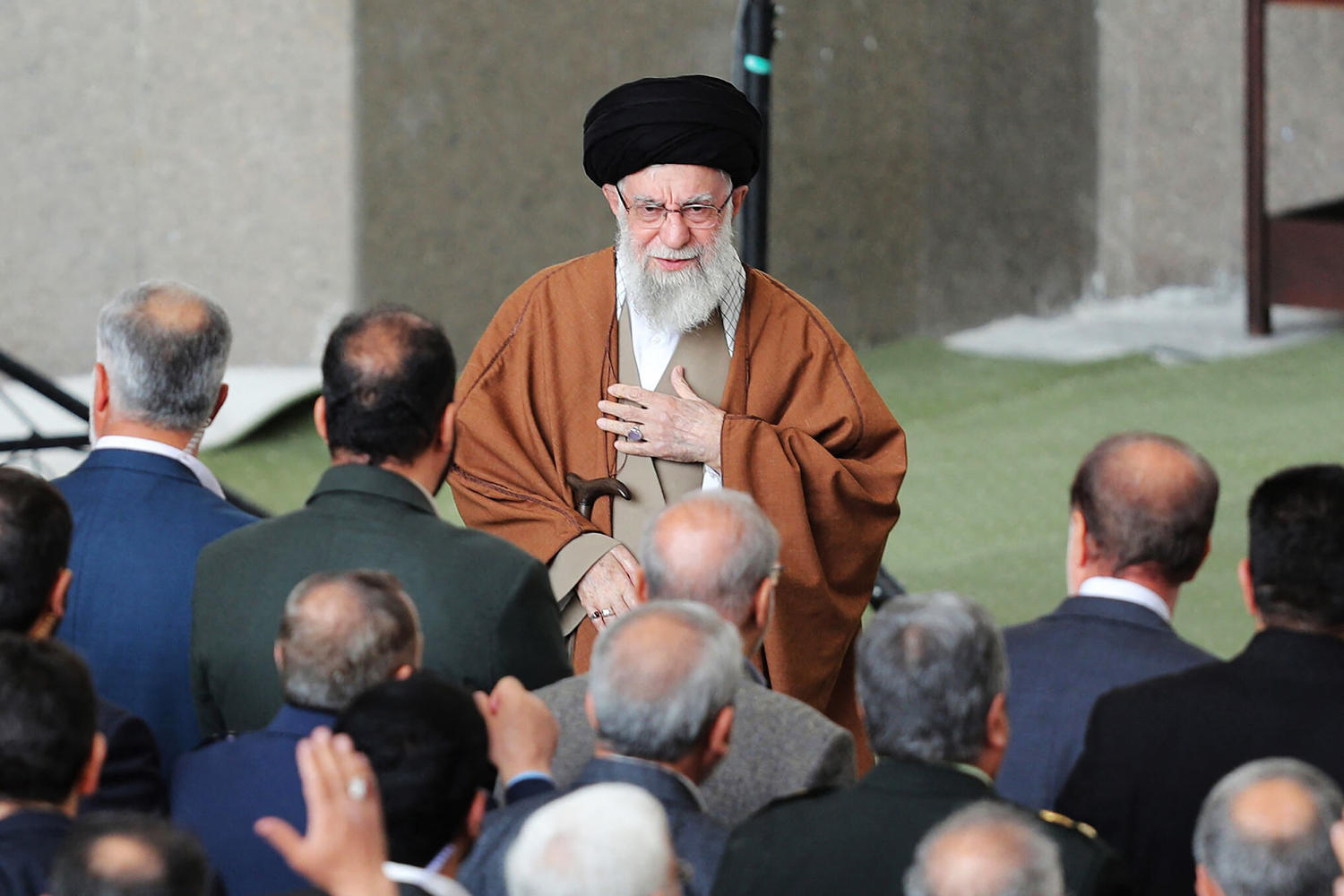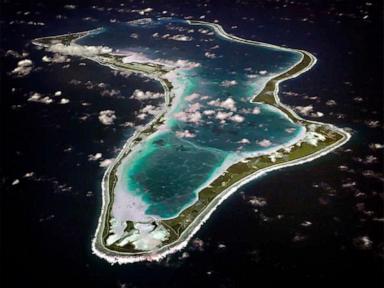We have seen this movie before with the Taliban in Afghanistan. Now its sequel is playing out to devastating effect in Somalia.
Al-Shabaab — a Salafi Jihadist confederation — is rapidly securing terrain and closing in on Somalia’s capital city of Mogadishu. The militant group is seizing key locations in the Middle and Lower Shabelle coastal region on both sides of the city.
For decades, the U.S. and African Union have sought to keep the government of Somalia afloat, but time is running out. Al-Shabaab is making a push to capture Mogadishu and establish a Sunni caliphate in East Africa.
“We see the evidence of an [Somali] army in disarray and in retreat,” said Matt Bryden, a co-founder of the research group Sahan. “People in Mogadishu also are beginning to fear the government is not capable of securing the city and that there's a chance of al-Shabaab fully encircling or possibly ... overrunning the city.”
Contributing to this growing fear was a bomb blast on March 18 that narrowly missed the passing convoy of President Hassan Sheikh Mohamud.
This has the making of another Sunni-Muslim terrorist group overthrowing a U.S. supported government. The fall of the government of Somalia would provide al-Shabaab a foothold in the Horn of Africa.
Somalia has been unstable now for decades. For many Americans, the movies "Black Hawk Down" and "Captain Phillips" are their only knowledge of the country. The battle in Mogadishu took place in October 1993 and the hi-jacking of the Maersk Alabama took place in 2009.
Warlords and clan leaders battling for power in ungoverned spaces were replaced by a weak and ineffective central government, then challenged by Islamic terrorists and pirates from Puntland.
In October 2002, the Combined Joint Task Force – Horn of Africa was established in Camp Lejeune, N.C. to counter the piracy threat.
Initially operating from the USS Mount Whitney in the Gulf of Aden, it moved ashore to Camp Lemonnier, Djibouti in May 2013 and has assumed a broader mission to conduct operations to enhance partner nation capacity, promote regional stability, dissuade conflict and protect U.S. and coalition interests.
Fast-forward to March 2025. The fall of Mogadishu would further threaten commercial and military shipping in the Gulf of Aden, Arabian Sea and the Indian Ocean from the shores of East Africa. Houthi rebels already present similar threats from Yemen, adding the Red Sea — and access to the Suez Canal — to the equation.
These are the same critical trade routes that Secretary of Defense Pete Hegseth justified use of force prior to multiple strikes against Houthi rebels in mid-March, stating “Freedom of navigation is basic; it's a core national interest.”
That narrative was validated in the Signal chat ...












